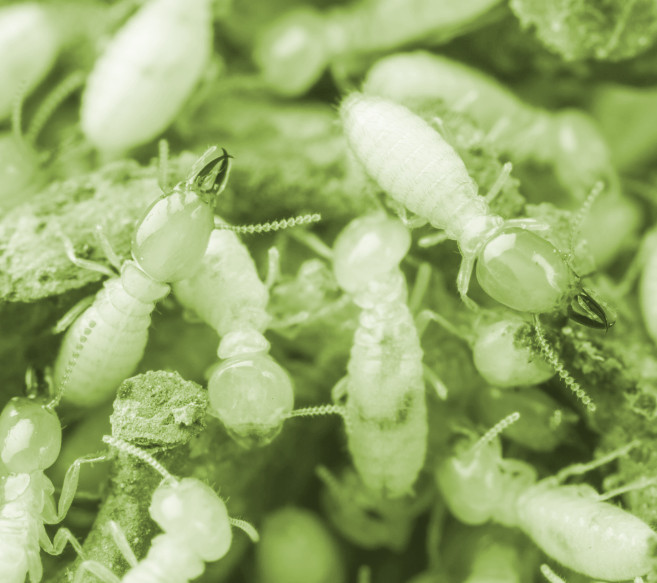Termites help dry rainforests
 Australian researchers have found termites play a critical role in helping tropical rainforest plants survive drought.
Australian researchers have found termites play a critical role in helping tropical rainforest plants survive drought.
The new discovery published in the journal Science could have important implications for the conservation of tropical rainforests.
Tropical rainforests cover just 2 per cent of the Earth's surface, but they contain approximately half of all known terrestrial species.
With a changing climate threatening their survival, it is increasingly important to understand the complex mechanisms that allow a rainforest to function.
University of Western Australia Associate Professor Theodore Evans says termites are among the most abundant animals in tropical rainforests.
“The sheer quantity of termites suggests these insects have important roles to play in rainforest ecosystems, however what that role is has never been understood up until now,” Professor Evans said.
“That is partly due to their small size and because they live underground it makes them harder to study compared to other larger animals.”
In the study the researchers measured the role of termites and their abundance in the Bornean Forest during the 2015-2016 El Nino drought event.
“We used baiting methods to reduce termite populations in one study site in the Bornean Forest, and compared them to another unmanipulated study site,” Professor Evans said.
“What we found was the termite activity doubled during drought with them eating up to 40 per cent more leaf litter.
“The digested leaf litter was then returned to the soil as nutrients, with termites affecting the distribution of several soil nutrients, including nitrogen compounds, potassium and other metals.
“This revealed that current models are underestimating the carbon flux into the atmosphere during drought periods.”
Professor Evans said because termites need to live in moist conditions, during the drought they moved ground water to the surface soil, and increased soil moisture to about 36 per cent, increasing seedling survival by 51 per cent during the drought.
The study is the first to measure the positive effects of termites in rainforests in reducing the impact of droughts on plants.
The results have confirmed the prediction of the famous Harvard University biologist, Professor E.O. Wilson, that termites are ‘one of the little things that run the world’, as they influence the processes that help plants, on which we all depend.
“The study provides further evidence about the importance of conserving important natural ecosystems by understanding their biology so we can protect them in a time of rapid environmental change,” Professor Evans said.








 Print
Print